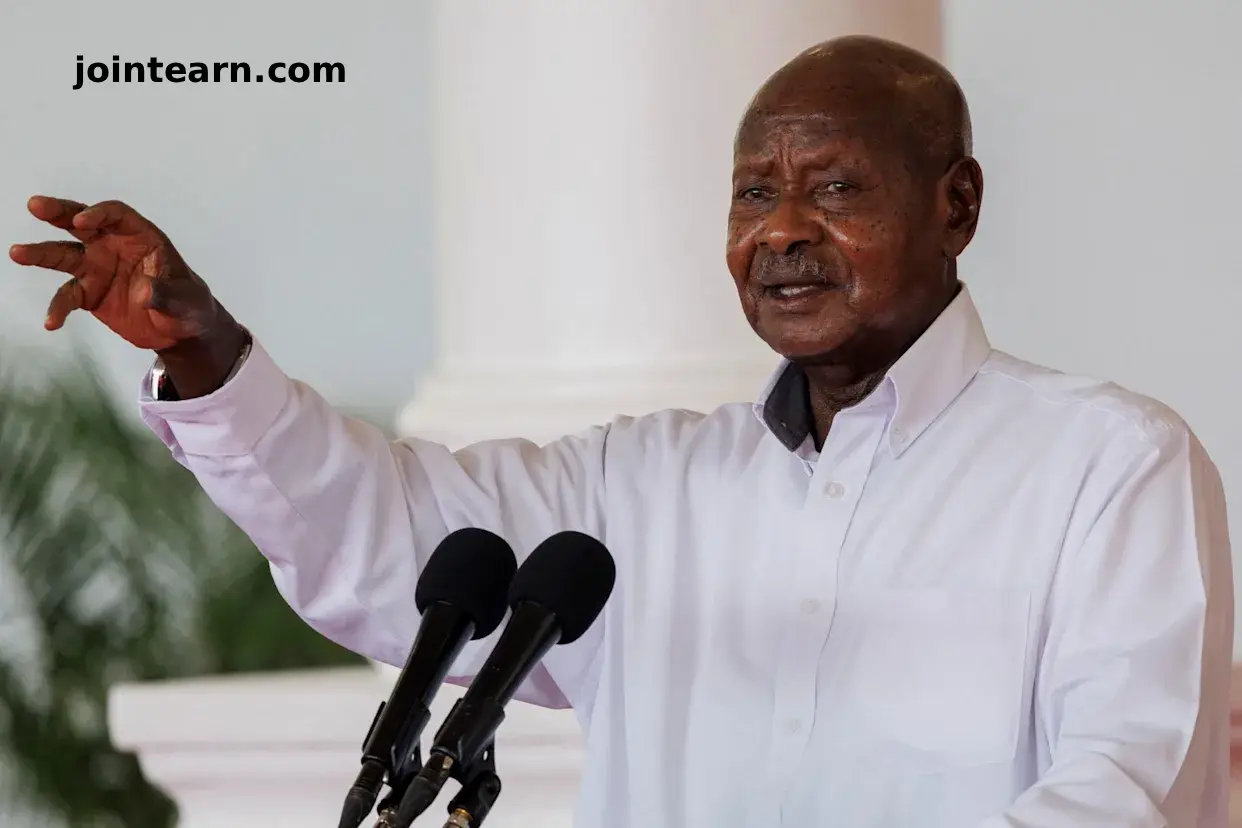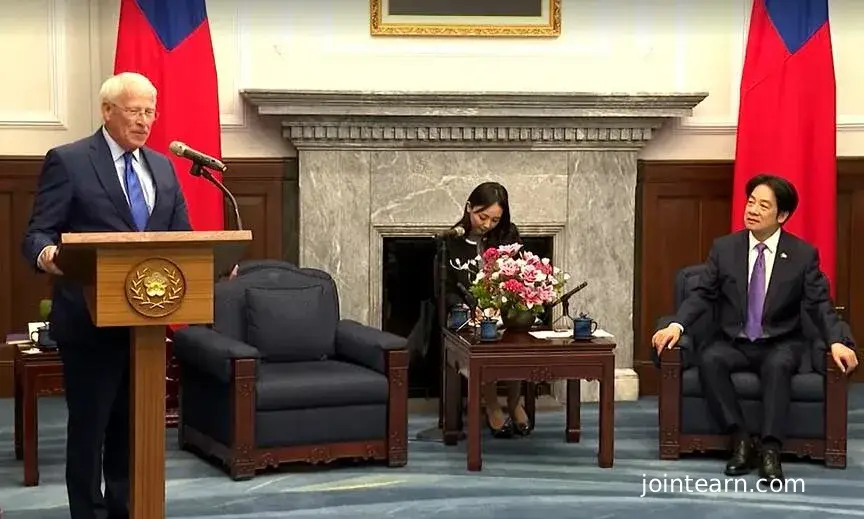Uganda has officially announced its agreement to accept nationals from third countries who may not qualify for asylum in the United States but are unwilling to return to their countries of origin. This development, confirmed by Kampala’s Ministry of Foreign Affairs, marks a significant moment in East Africa’s refugee policy and the ongoing US deportation strategy under President Donald Trump.
According to the ministry’s statement released on Thursday, the agreement is contingent upon strict conditions. Individuals seeking asylum in Uganda must not have criminal records and cannot be unaccompanied minors. While the framework of the deal has been established, the detailed modalities of its implementation are still under discussion.
Context: Trump’s Immigration and Deportation Policies
President Trump’s administration has prioritized the deportation of millions of undocumented immigrants, with a growing focus on relocating certain individuals to third countries. This includes sending convicted criminals to nations such as South Sudan and Eswatini, the southern African kingdom. In July 2025 alone, the US deported five men with criminal backgrounds to Eswatini and eight to South Sudan. Additionally, hundreds of Venezuelan nationals, allegedly involved in gang activities, were deported to El Salvador, sparking concerns over human rights violations.
Uganda’s Refugee Landscape
Uganda is already home to approximately 1.7 million refugees, making it the largest refugee-hosting country in Africa, according to the United Nations. The country’s progressive refugee policies have earned international recognition for their open-door approach, but the government acknowledges the challenges of accommodating additional asylum seekers from abroad.
Vincent Bagiire Waiswa, Uganda’s Ministry of Foreign Affairs Permanent Secretary, emphasized that the arrangement is temporary and subject to specific conditions. “Individuals with criminal records and unaccompanied minors will not be accepted. Preference will be given to African nationals,” he stated.
Clarifications and Domestic Concerns
The announcement follows conflicting reports earlier this week. Senior Ugandan officials had denied claims that the country had agreed to take in deportees from the US, citing limitations in facilities and resources to accommodate new arrivals.
Foreign Affairs Minister Henry Okello Oryem highlighted Uganda’s stance: “While Uganda maintains a benevolent refugee policy, there are practical limits. We are discussing visas, tariffs, sanctions, and related issues—not simply accepting illegal aliens from the US. That would be unfair to Ugandans.”
Regional Implications and Human Rights Concerns
This agreement positions Uganda alongside other East African nations such as Rwanda and South Sudan, which have also entered into similar arrangements with the United States. However, human rights experts caution that sending deportees to third countries could violate international law, particularly if individuals face risks such as torture, abduction, or poor detention conditions.
The United Nations High Commissioner for Refugees (UNHCR) noted that Uganda has maintained a generally welcoming stance toward refugees. Nevertheless, the country witnessed a significant increase in refugee arrivals in 2024, primarily due to ongoing conflicts in Sudan, South Sudan, and the eastern Democratic Republic of the Congo.
Conclusion
Uganda’s agreement with the United States to accept deported asylum seekers underscores the complexities of global migration policies, especially within Africa’s refugee crisis context. While the arrangement seeks to balance humanitarian concerns with domestic capacity, the details of its implementation remain under negotiation. Observers will closely monitor how this policy impacts Uganda’s already substantial refugee population and the broader dynamics of US deportations and international asylum practices.











